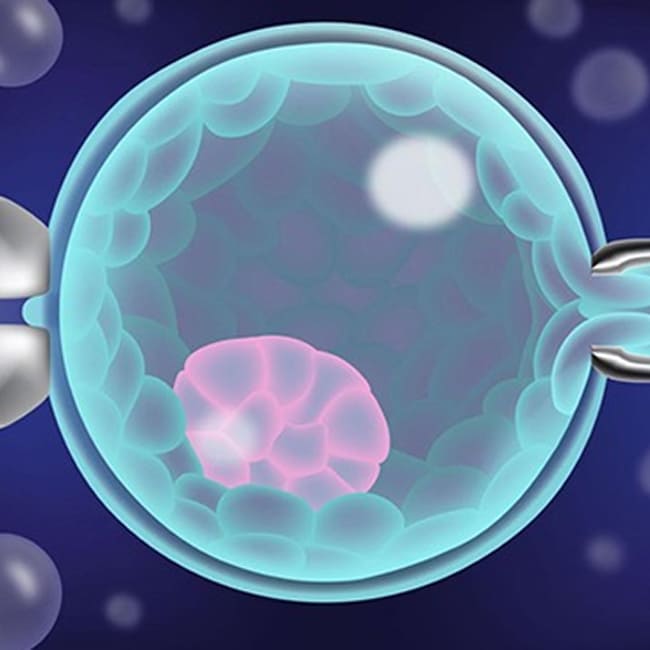
PGD / PGT
Preimplantation Genetic Diagnosis (PGD) and Preimplantation Genetic Testing (PGT) are advanced genetic screening techniques used in assisted reproductive technologies (ART) to analyze embryos before implantation. PGD is typically performed to identify specific genetic conditions or chromosomal abnormalities in embryos, allowing parents with known genetic risks to avoid passing inherited disorders to their children. PGT is a broader term encompassing various types of genetic testing, including screening for aneuploidy (abnormal chromosome numbers) and structural rearrangements, enhancing the chances of successful pregnancy outcomes.
IMSI
Intracytoplasmic Morphologically Selected Sperm Injection (IMSI) is an advanced technique used in assisted reproductive technology (ART), specifically in conjunction with in vitro fertilization (IVF). IMSI involves selecting the sperm with the highest quality based on its morphology (shape) using a high-powered microscope. This method allows fertility specialists to visually inspect sperm at a much higher magnification than traditional methods, ensuring that the sperm selected for injection into the egg is of the best possible quality. IMSI is often recommended for cases of male infertility, particularly when there is poor sperm quality or a history of failed IVF attempts.
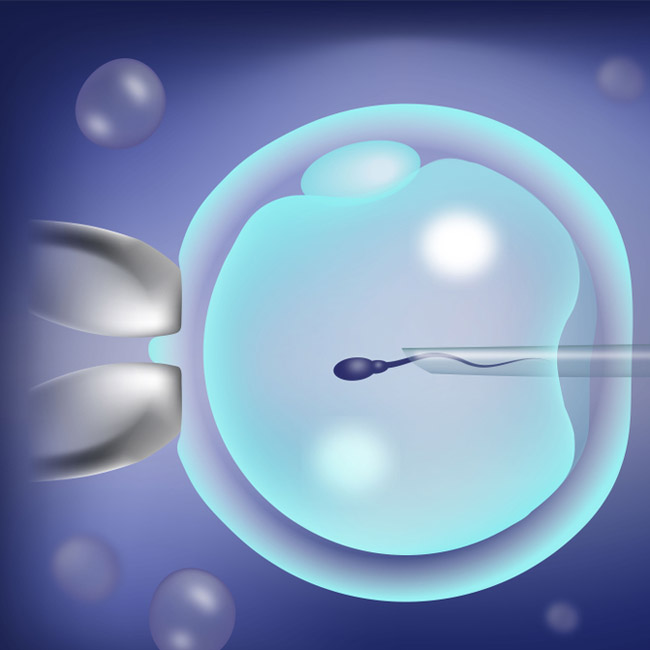
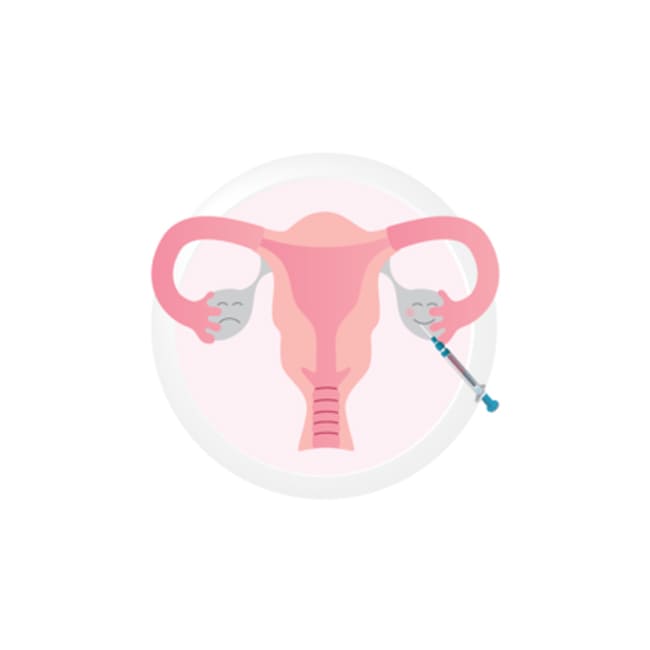
Ovarian PRP
Ovarian Platelet-Rich Plasma (PRP) therapy is an innovative treatment used to improve ovarian function and enhance fertility in women experiencing diminished ovarian reserve or poor egg quality. The procedure involves drawing a small amount of the patient’s blood, processing it to concentrate the platelets, and then injecting the PRP into the ovaries. The platelets, which contain growth factors, help stimulate tissue repair, promote the regeneration of ovarian cells, and enhance blood flow, potentially improving the quality and quantity of eggs. Ovarian PRP is an emerging option for women who are facing challenges with natural conception or assisted reproductive technologies (ART) due to ovarian dysfunction.
Endometrial PRP
Endometrial Platelet-Rich Plasma (PRP) therapy is an innovative treatment aimed at improving the quality of the uterine lining (endometrium), which plays a critical role in embryo implantation during the process of conception and IVF. The procedure involves injecting platelet-rich plasma, derived from the patient’s own blood, into the endometrium. The PRP, which contains growth factors and healing proteins, promotes tissue regeneration, enhances blood flow, and supports the development of a healthy and receptive uterine lining. Endometrial PRP is typically used for women who have thin or poor-quality uterine lining, which can make it difficult to achieve or sustain pregnancy.
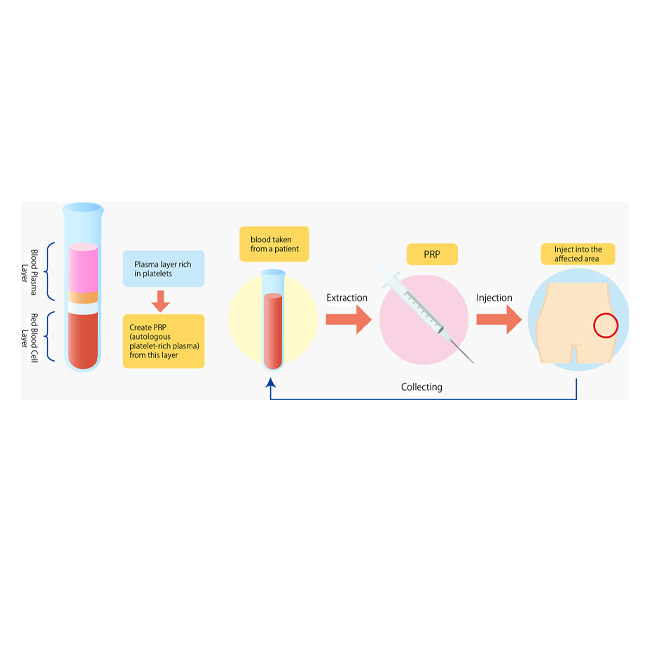
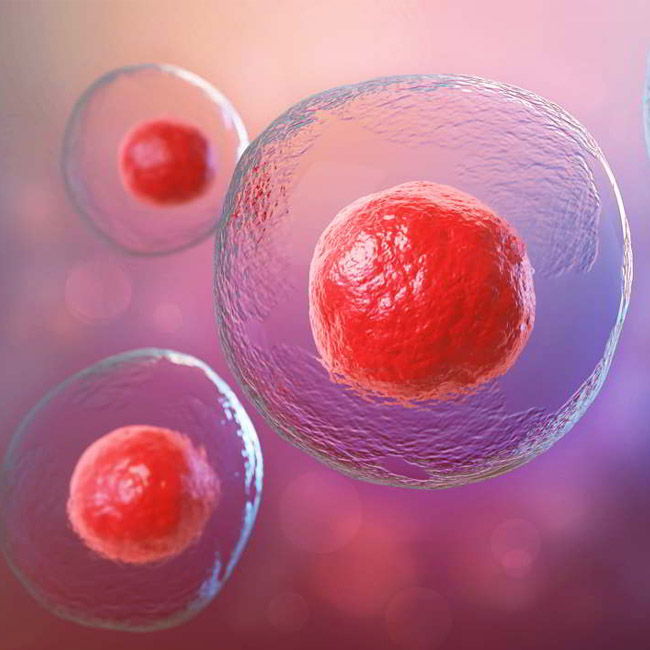
Stem cell Therapy
Stem cell therapy is an innovative medical treatment that utilizes stem cells to repair, regenerate, or replace damaged tissues and organs. Stem cells are unique in that they have the ability to differentiate into various types of cells, making them essential in regenerative medicine. In the context of fertility treatments, stem cell therapy is used to rejuvenate damaged reproductive tissues, including the ovaries and uterus, to improve fertility outcomes. This therapy has emerged as a promising option for individuals experiencing infertility due to age-related decline in ovarian function, uterine issues, or other reproductive health problems.
LIT
Lymphocyte Immunization Therapy (LIT) is an immunological treatment used to address recurrent miscarriage or implantation failure in cases where there may be an immune system-related issue. The therapy involves the injection of a woman's partner's or a donor's white blood cells (lymphocytes) into her body. This process aims to stimulate her immune system to become more tolerant of the developing pregnancy, which is essential when the immune system mistakenly attacks the fetus, leading to pregnancy loss or complications. LIT is often considered when other potential causes of miscarriage or infertility have been ruled out, and an immune disorder is suspected to be the underlying cause.

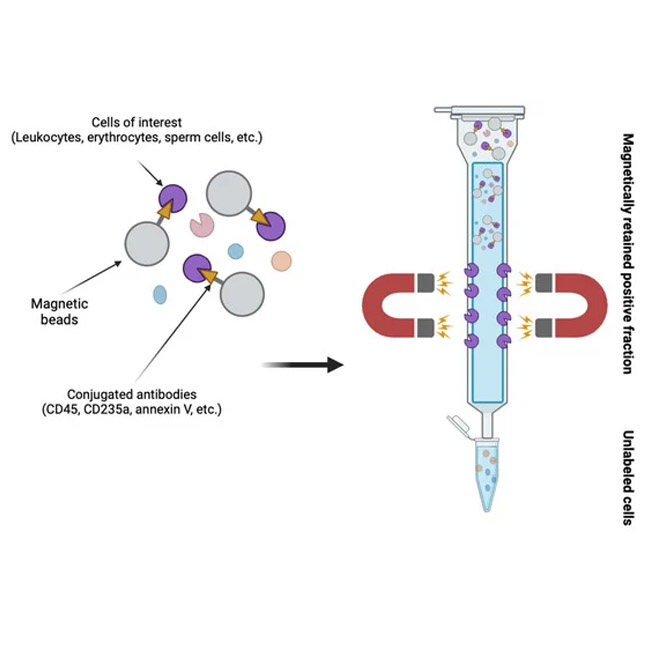
Magnetic Assisted Cell Sorting(MACS)
Magnetic Assisted Cell Sorting (MACS) is a powerful technique used to isolate and separate specific cells from a mixture based on their surface markers. This method utilizes magnetic beads coated with antibodies that bind to target cells, which are then separated from other cells using a magnetic field. In the context of reproductive medicine, MACS is used to select healthy sperm cells for in vitro fertilization (IVF). By isolating sperm with the best morphology or motility characteristics, MACS helps improve fertilization rates, embryo development, and overall IVF success. It is particularly useful in cases of male infertility, where sperm quality may be compromised.

